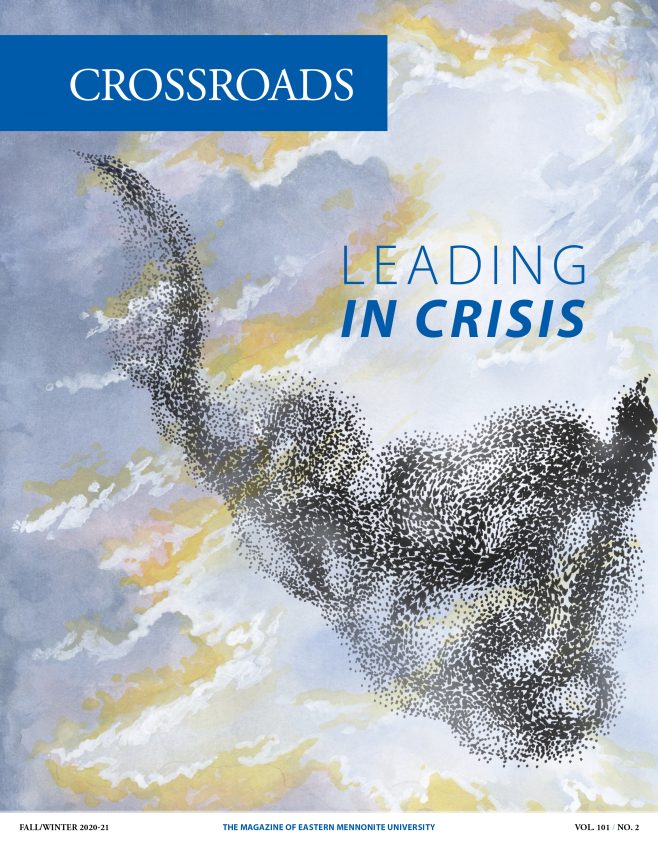In fall 2019, EMU moved into a new administrative structure that more closely integrates academic study and the co-curricular aspects of learning and living on campus. Here each of the four deans reflect on the value and importance of learning together, discovering together and living together — to students preparing for their life’s work and to faculty and staff engaging in their life’s work.
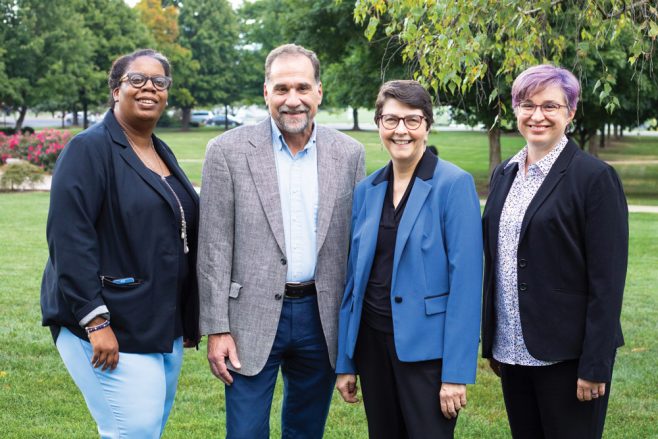
Shannon Dycus
DEAN OF STUDENTS
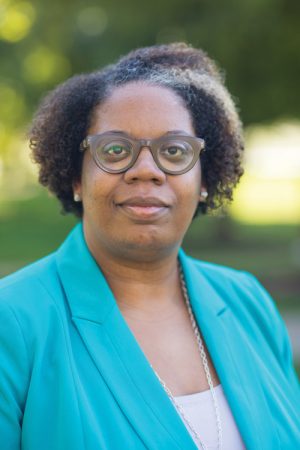
At EMU, we lead together and we learn together. In Student Life, we celebrate multicultural and international identities. We build community in the places where we live. We support each other toward mental, spiritual and physical wellness.
Over orientation weekend this August, I had the wonderful opportunity to sit with our new students and talk about how we would build community together over the next four years. Among the values that center us, we named integrity and justice, respect, responsibility and community. As we talked about justice, we named the practice of restorative justice, and the ways that it happens proactively before a conflict happens and reactively after one occurs.
One of the most important pieces that we talked about was how important relationship is as we seek justice together. We have to know each other, we have to learn each other, in order for justice to happen amongst us.
We learn each other by listening to what makes us different and what makes us the same, by what we honor and what cultures we bring together, by the experiences that we have each and every day that we share together in this community and beyond it.
We will learn a lot of things this year, but I’m hoping that we learn each other too. I hope we learn the beauty of our differences, and the honor in holding them together. So toward one body and one community, we learn together.
Tara Kishbaugh
DEAN OF THE SCHOOL OF SCIENCE, ENGINEERING, ARTS AND NURSING

Whether your goals are seeking healing and restoration for individuals in their spiritual, emotional, and physical wellbeing through psychology, nursing, pre-professional health careers, art therapy or other approaches, or if your goals include teaching, research, coding, design, stream and habitat restoration, artistic activism, or engineering for the common good – the disciplines in our school share a philosophy about work that is team-based and grounded in an ethic of care.
To do this work, we are energized by building a team of diverse people with unique skills and new questions. Our greatest strengths are creativity, teamwork and innovation, and we already have examples of that in action here at EMU: Engineers and artists collaborate on a computing sculpture installation, environmental scientists and conservation photographers teach high school students in and around a nearby river, literary scholars read to improve the health of the elderly and infirm. Our students lead and our faculty mentor through restoration work in Park Woods, the creation of a wind tunnel, intensive summer research that contributes knowledge to the cure of devastating diseases, clinical experiences in South America, the construction of an eco-efficient vehicle, and so much more.
We are mindful that what we study and build has social, cultural and technological implications and roots. As we seek creative solutions to real-world problems, we build empathy so that we can work together for justice. Our challenge is to take risks and do new things while infusing our work with an ethic of care as we build together a healthy, sustainable community.
David Brubaker
DEAN OF THE SCHOOL OF SOCIAL SCIENCES AND PROFESSIONS
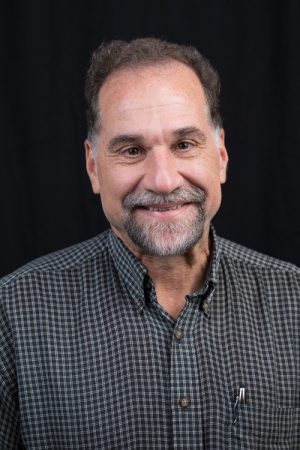
Our school includes undergraduate programs in business, education, social work, sociology and peacebuilding as well as graduate programs in counseling, leadership and management, teacher education, conflict transformation, restorative justice, and trauma and resilience.
Amongst such diversity, I envision three primary ways in which we discover together: First, by welcoming into our classrooms and our lives the experience and wisdom of our students; second, by drawing upon not just the theory and research but also the practice of our respective disciplines; and third, by collaborating with each other within our school and across our three schools.
An example of this collaborative discovery process is the Center for Sustainable Climate Solutions, which spans all three schools. It draws upon the resources of the natural sciences to generate positive alternatives to our current destructive path on this planet; it pulls in the social sciences to understand how individuals and groups change their behavior to enable that transformation to take place; and it relies on the humanities and our theology to create a compelling narrative and spiritual vision for the changes that are needed on our planet.
The path of discovery is not taken by solitary individuals. It is instead mutual, collaborative and compelling. We can only walk it together.
Sue Cockley
DEAN OF THE SCHOOL OF THEOLOGY, THE HUMANITIES AND THE PERFORMING ARTS
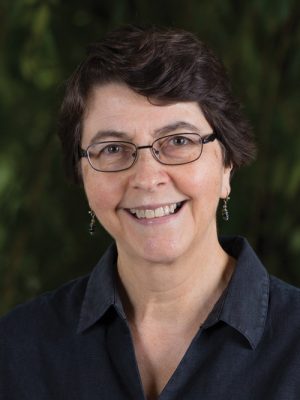
The disciplines in our school have a shared interest in the really big questions. One of the most important is “What does it mean to live a good life?”
Read through the course titles in our school and notice how we approach this question from many different perspectives. What does the Bible really say about living well, in relationship with God, other people and the rest of God’s creation? How have people answered this in the past? In what ways do literature and theater show us examples of life well-lived? Ponder how poetry teaches us about this question, using words in unexpected ways to touch deep truths. Or consider music, often using no words at all but still exploring this same question.
‘What does it mean to live a good life’ is a question that is closely related to ‘What will I do with my life.’ It involves thinking about our vocation, what we are called to do with the time and talents we have. We answer these questions for ourselves, but in the company of others – together.
This year the faculty in our school will be reading and thinking about this question in another important way: What does it mean for EMU, as an organization, to ‘live’ a life worth living? What is EMU’s calling, its vocation, today and in the coming years? Where does EMU’s deep gladness meet the world’s great need?
We invite all of you to consider this question of a life worth living. It’s a question that is always present – and never truly answered – as we all grow and change.
